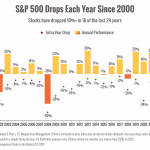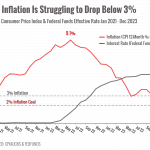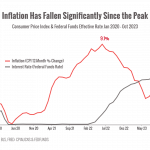Bad Investing Habits That Keep You From Growing Your Investments
Do you have bad investing habits?
- Don’t be forgetful or lazy when it comes to your money.
- Watch out for clutter in your portfolio.
- Don’t be an obstinate investor
- Know whom to trust.
- Don’t be an emotional investor
Learn more in this post at The Digerati Life:












